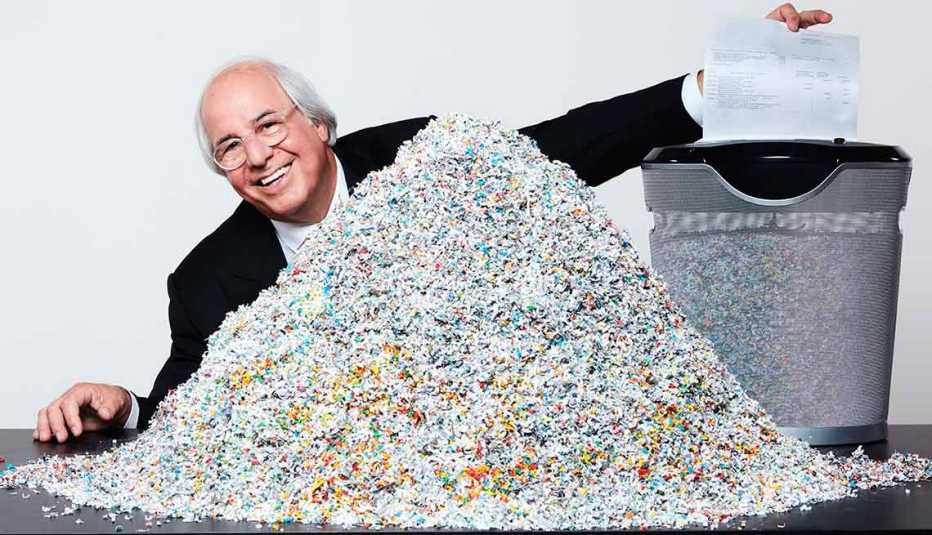Staying Fit
Video: AARP’s Fraud Watch Network Teams with Frank Abagnale
Fraud expert and former con artist provides tips on how to best identify and protect yourself from scams.
Q: It's been decades since you passed bad checks and adopted false identities. How has technology changed scamming?
A: It's made it a thousand times easier. To forge checks 50 years ago, I had to have a Heidelberg printing press that cost about $1 million and required three journeymen printers to operate. Today you just open your laptop, go to somebody's corporate website and, within 15 minutes, you'll have a beautiful four-color check that's probably 10 times better than the actual checks.


AARP Membership— $12 for your first year when you sign up for Automatic Renewal
Get instant access to members-only products and hundreds of discounts, a free second membership, and a subscription to AARP the Magazine.
Q: Are today's scammers less charming than you were?
A: There's really no such thing as a con man anymore—the well-dressed, sophisticated guy who speaks well. That's not necessary because you're conning people from thousands of miles away over a telephone or a computer. You could be in your pajamas sitting in a kitchen.
Q: What's the most ingenious scam you've seen recently?
A: One of the most popular scams is what they call account takeover. You write me a check and I simply go online to a check-printing service and order 200 checks with your account information. I might even put my own name and address on them. Most people don't reconcile their bank accounts. By your next statement, I've already written checks that have cleared your account.
Q: What about identity theft?
A: It's amazingly simple to do. The truth is, your identity already has been stolen. More than 800 million security breaches have occurred, and we have only about 320 million people in this country.
Q: So what tips do you have?
A: Do what I do. First, I shred everything, even if it's worthless, with a micro-cut shredder, which turns paper into confetti. Second, I use a service that monitors all three credit bureaus and notifies me in real time if somebody is trying to use my credit. Third, I don't write a lot of checks because if you write a check in a store, anyone who sees it along the way could order bogus checks on your account.
Q: What about your debit card?
A: I don't have one. I use only credit cards, because if somebody gets my card number and charges $1 million, my liability—by federal law—is zero. But when you use a debit card, you're exposing the money in your account. And even if you use your debit card every day for the next 25 years, it won't raise your credit score one point.



































































More From AARP
A New Breed of Con Artists
Today's scammers are on the phone, at your door and online. Here's how to fend them offDodge These Financial Services Scams
Don't shell out for services you can easily get for free or low cost
Car Buyers: Beware This Sneaky Fee
The glass etching on car windows could cost you money